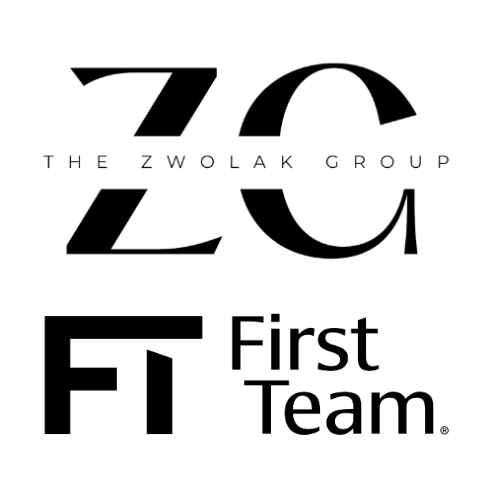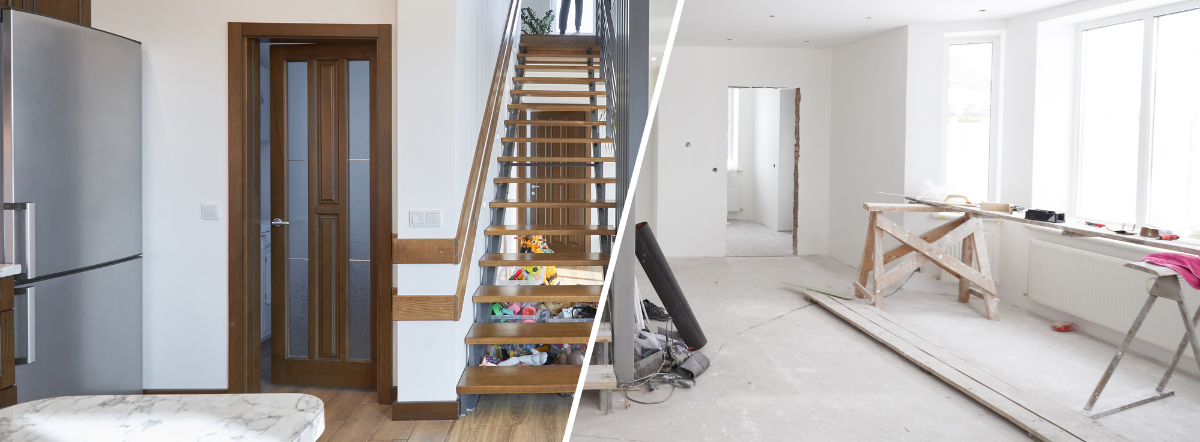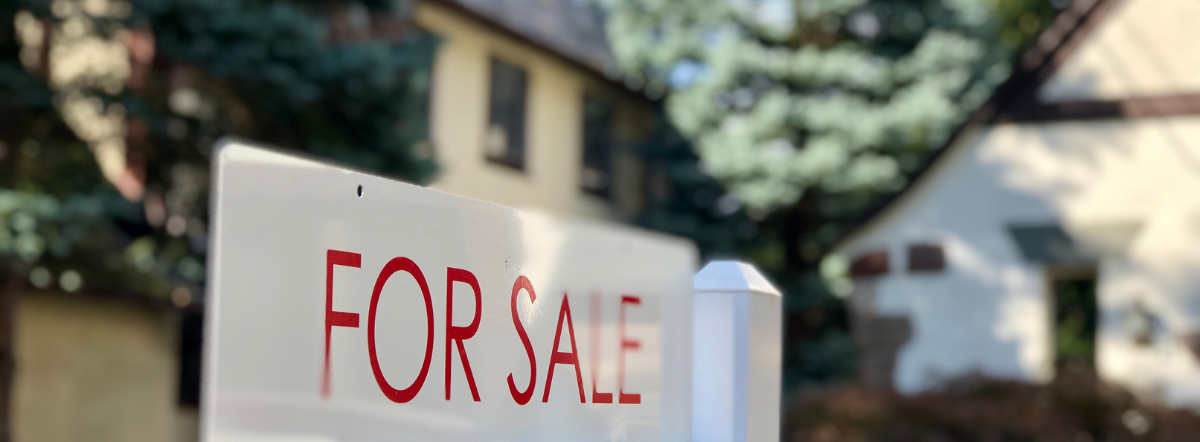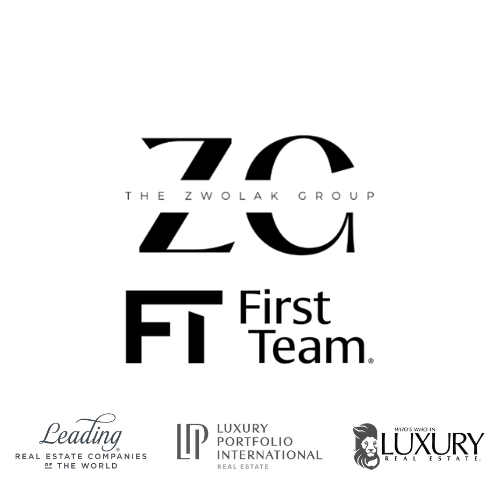PMI stands for Private Mortgage Insurance. It is an insurance policy that lenders often require borrowers to obtain when they have a conventional mortgage loan with a down payment of less than 20% of the home’s purchase price. The primary purpose of PMI is to protect the lender in case the borrower defaults on their mortgage payments. If the borrower stops making payments and goes into foreclosure, PMI helps reimburse the lender for the remaining loan balance after the sale of the property. It provides an additional layer of security for the lender since a smaller down payment represents a higher risk for potential losses. PMI is typically an additional monthly cost that the borrower must pay on top of their mortgage payment. The exact amount of PMI depends on factors such as the loan amount, loan-to-value ratio (LTV), and the borrower’s credit score. The cost of PMI can vary, but it is usually a percentage of the loan amount and ranges from 0.5% to 1% of the total loan value annually.
It’s important to note that PMI is different from homeowner’s insurance. Homeowner’s insurance protects the homeowner against damage to the property and liability claims, while PMI protects the lender’s financial interests in case of default. Once the borrower has built enough equity in their home or reaches a loan-to-value ratio of 80% or less, they can request the cancellation of PMI. Alternatively, PMI may automatically terminate once the loan-to-value ratio reaches 78%, based on the original loan terms. It’s advisable to consult with the lender to understand the specific requirements for canceling PMI in a given mortgage agreement.





